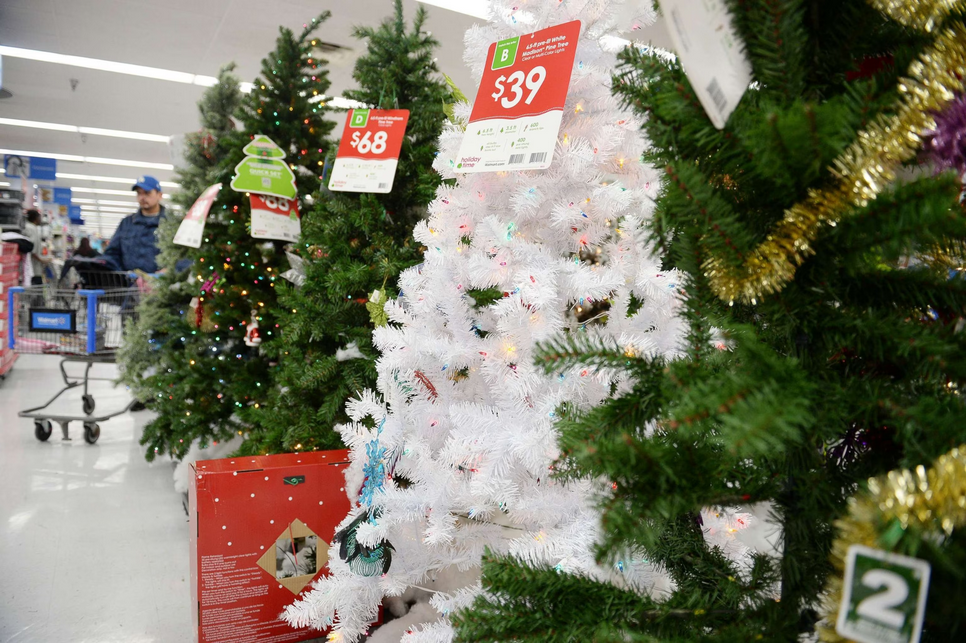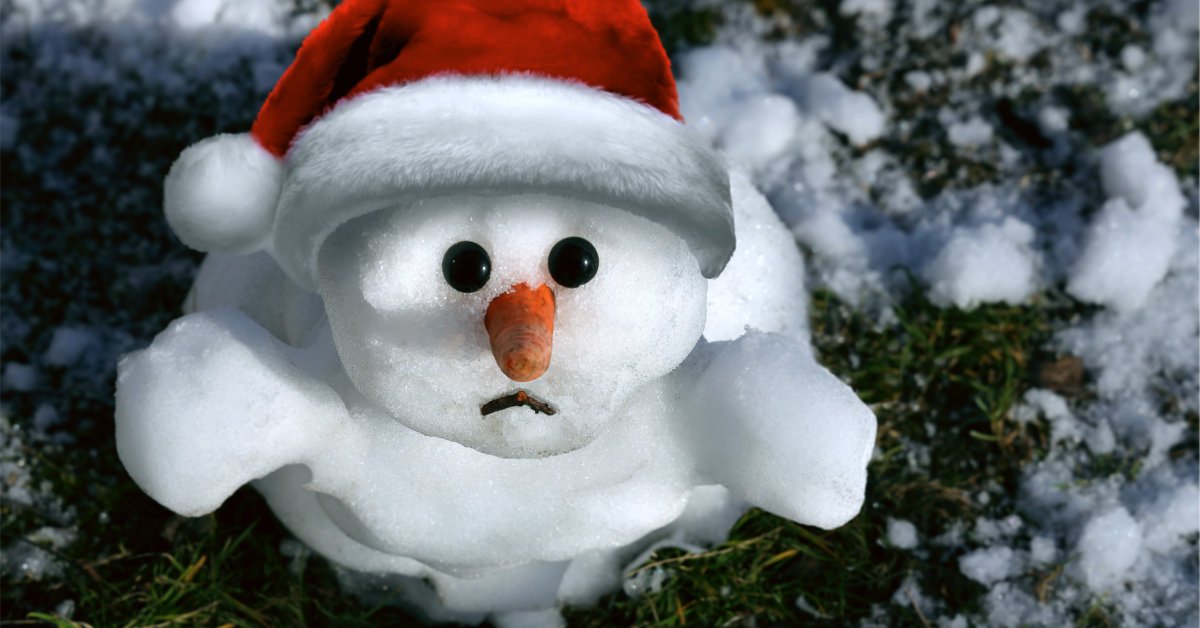December is here and we’re looking forward to celebrating and exchanging gifts with loved ones. However, many holiday celebrations, like Christmas and Hanukkah, negatively impact the environment. It is easy to forget about our environmental footprint during this time of the year.

But, by making small changes, we can all reduce the overall impact of the Christmas holiday season on our planet. Here are some suggestions for making your holiday footprint as small as possible:-

- Every year, 8,000 tons of wrapping paper, which is equivalent to the amount of wood from almost 50,000 trees, is utilized for gift wrapping during Christmas. It is recommended to choose more environmentally friendly options such as recycled or biodegradable paper.
- Americans use 6.6 billion kilowatt-hours of electricity each year just for holiday lights, which is more than El Salvador’s total yearly energy consumption. Experts advise using timers and LED lights, as they consume 75% less energy and have a longer lifespan.
- Every year, aviation accounts for 2% of global emissions. If you’re traveling home for the holidays, consider using a mode of transportation with a lower impact like a train or car.
- In the United States, 2.65 billion holiday cards are sold each year, which means approximately 883,333 trees are used to make these cards. Instead, it is suggested to consider sending digital cards or sharing family pictures on social media to reduce the environmental impact.
- Real Christmas trees are more beneficial for the environment compared to artificial ones as they capture carbon dioxide and are biodegradable.
- Hanukkah and Kwanzaa both use candles for celebrations, but these often contain plastic paraffins. Eco-friendly candles made from beeswax or soy wax are a better alternative for both your and the planet’s health this December.

Those who are passionate about the Earth and its well-being might want to celebrate an event like this with their own families in order to reduce the holiday season’s negative effects on the environment.
Reference- National Geographic, EarthDay Network Newsletter, ABC News, BBC, CNN





